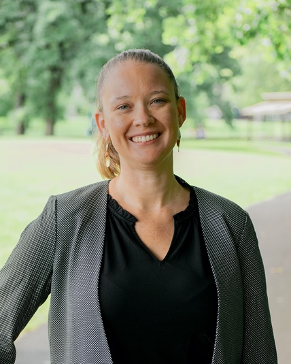
Date:
Location:
Title:
ABSTRACT
While progress has been made in customizing the shape of material goods through advanced manufacturing processes, customizing the properties of the materials is still a slow development process. A major factor slowing materials customization is understanding the interactions between components in complex mixtures used to make functional products and, especially, how those interactions impact manufacturability. Our research integrates materials, rheology and processing to enable manufacturing innovation practices that integrate the materials needed for manufacturability early in a product design process. The link between materials and rheology is frequently studied, but is complex due to multicomponent mixtures. The link between rheology and processing is standard for polymer manufacturing, but engineers cannot pull a “rheology” off of a shelf, they must select a set of chemicals. Thus, to meaningfully decrease time to production, a faster link between materials and processing must be made. Specific advances tying solution properties to electrospinability via extensional rheology and tying particle and polymer properties in a high solids suspension to 3D printability through shear rheology will be discussed. This work provides the foundation to decrease the time to production and enable materials customization by integrating formulation for processing into early stages of development using fundamental chemistry-processing relationships.
BIO
Blair Brettmann is an Assistant Professor in Chemical and Biomolecular Engineering and Materials Science and Engineering at Georgia Tech. She received her B.S. in Chemical Engineering at the University of Texas at Austin and her Ph.D. in Chemical Engineering at MIT. Following her Ph.D., Dr. Brettmann was a Senior Research Engineer at Saint-Gobain and a postdoctoral researcher in the Institute for Molecular Engineering at the University of Chicago. She was the recipient of the NSF CAREER Award in 2021, the ACS PMSE Young Investigator award in 2020 and an IUPAC Young Observer in 2019. Her research focuses on linking molecular to micron scale phenomena to processing and multicomponent complex mixtures to enable rapid and science-driven formulation and product development.
Hosted by Michael Chabinyc. Download event flyer.



